Birthright citizenship under threat in US
Donald Trump wants to scrap the policy he calls a 'magnet for illegal immigration'
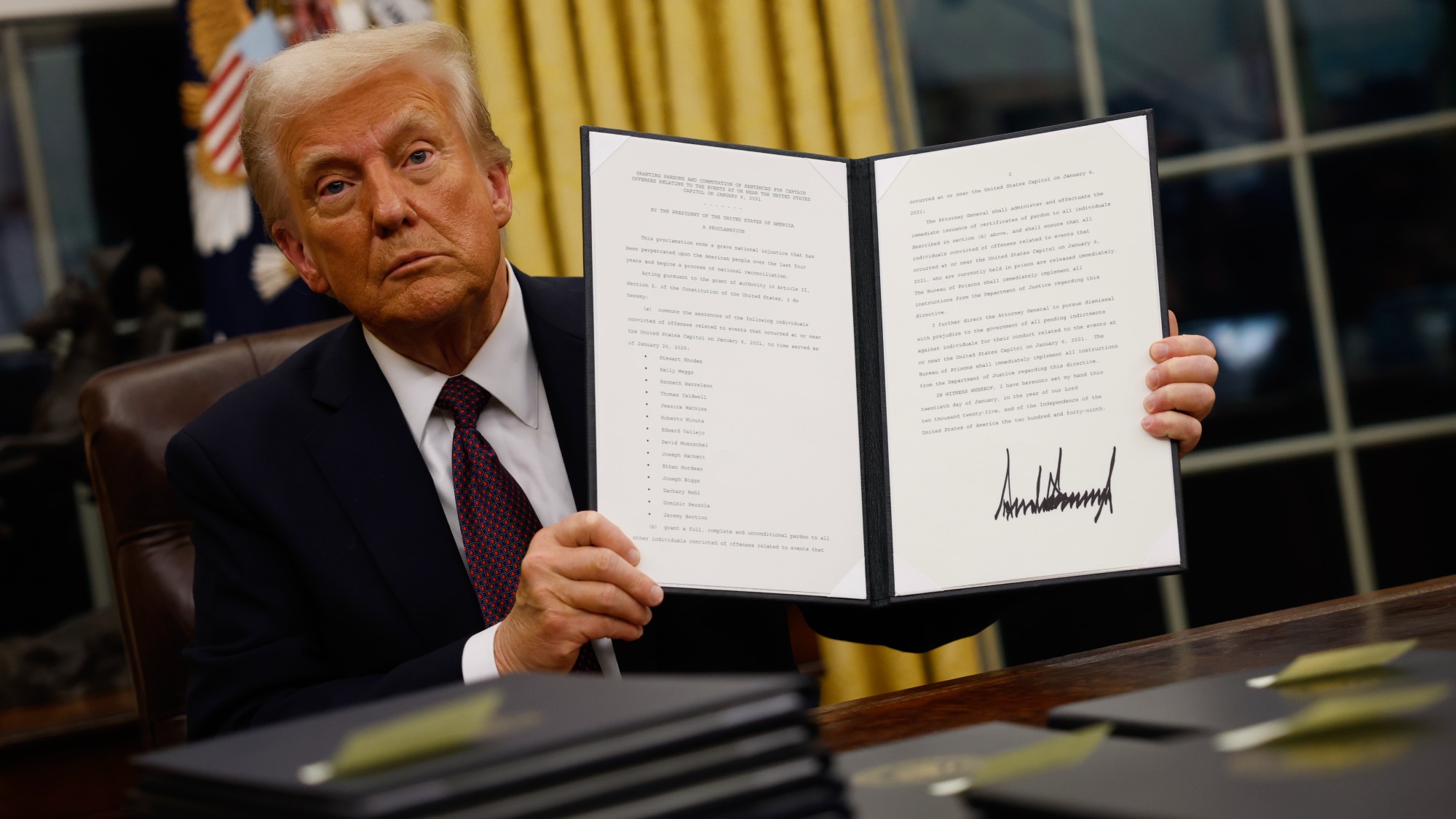
A free daily email with the biggest news stories of the day – and the best features from TheWeek.com
You are now subscribed
Your newsletter sign-up was successful
One of Donald Trump's first acts as the 47th president of the United States was to signal an end to "birthright citizenship".
As part of a "sweeping crackdown" on both undocumented and legal immigrants, Trump signed an executive order to end the right to citizenship for some children born in the US, said The Guardian, but implementing his plan will not be straightforward.
What is birthright citizenship?
Birthright citizenship, also known by the legal term jus soli – "right of the soil" in Latin – is enshrined in the 14th Amendment of the US Constitution, which rules that all persons born in the US and "subject to the jurisdiction thereof" are citizens.
The Week
Escape your echo chamber. Get the facts behind the news, plus analysis from multiple perspectives.

Sign up for The Week's Free Newsletters
From our morning news briefing to a weekly Good News Newsletter, get the best of The Week delivered directly to your inbox.
From our morning news briefing to a weekly Good News Newsletter, get the best of The Week delivered directly to your inbox.
The 14th Amendment is already understood to exclude children born to invading armies or foreign diplomats, who are considered to be subject to the jurisdiction of their home country. But a minority of constitutional scholars argue that unauthorised immigrants or those on temporary visas should not be considered as subject to the jurisdiction of the US, either. Such a reading "conflicts with the clear text and a legal interpretation more than a century old", said CNN, but it has nonetheless gained ground in some conservative circles.
Trump has argued that birthright citizenship is a "magnet for illegal immigration", said Newsweek, and he believes that denying citizenship to children born to parents without legal status would deter unauthorised migration and enhance national security.
What does Trump want to do?
Trump's executive order wants children born in the US but without at least one parent who is a lawful permanent resident or US citizen to be no longer automatically handed US citizenship.
Federal agencies would be banned from issuing or recognising documentation proving US citizenship for such children, and his executive order targets children born to both unauthorised immigrants and people legally in the US on temporary visas. The order does not suggest that the new restrictions would apply retrospectively.
A free daily email with the biggest news stories of the day – and the best features from TheWeek.com
Will he succeed?
The president can "probably not" actually end birthright citizenship, said The Guardian. As a constitutional amendment, removing or changing it would require a two-thirds vote in both chambers of Congress. And Trump could face "significant legal hurdles", said the BBC, because 18 states, along with the city of San Francisco and the District of Columbia, have already sued the federal government and challenged the executive order.
Ultimately, the question is likely to go to the Supreme Court. The highest court of the land has not made any ruling connected to the 14th Amendment since 1898, but "a new conservative supermajority has given Trump supporters hope", said CNN.
A pregnant woman living in Massachusetts with temporary protected status is the lead plaintiff in a federal lawsuit against Trump, accusing him of mounting a "flagrantly illegal" attempt to "strip citizenship" from millions of Americans "with a stroke of a pen", said The Independent.
How many people would it affect?
By 2022, the latest year for which data is available, there were 1.2 million US citizens born to unauthorised immigrant parents, according to the Pew Research Centre, but "as those children also have children", the "cumulative effect" of ending birthright citizenship would increase the number of unauthorised immigrants in the country to 4.7 million in 2050, according to the Migration Policy Institute.
Chas Newkey-Burden has been part of The Week Digital team for more than a decade and a journalist for 25 years, starting out on the irreverent football weekly 90 Minutes, before moving to lifestyle magazines Loaded and Attitude. He was a columnist for The Big Issue and landed a world exclusive with David Beckham that became the weekly magazine’s bestselling issue. He now writes regularly for The Guardian, The Telegraph, The Independent, Metro, FourFourTwo and the i new site. He is also the author of a number of non-fiction books.
-
 How the FCC’s ‘equal time’ rule works
How the FCC’s ‘equal time’ rule worksIn the Spotlight The law is at the heart of the Colbert-CBS conflict
-
 What is the endgame in the DHS shutdown?
What is the endgame in the DHS shutdown?Today’s Big Question Democrats want to rein in ICE’s immigration crackdown
-
 ‘Poor time management isn’t just an inconvenience’
‘Poor time management isn’t just an inconvenience’Instant Opinion Opinion, comment and editorials of the day
-
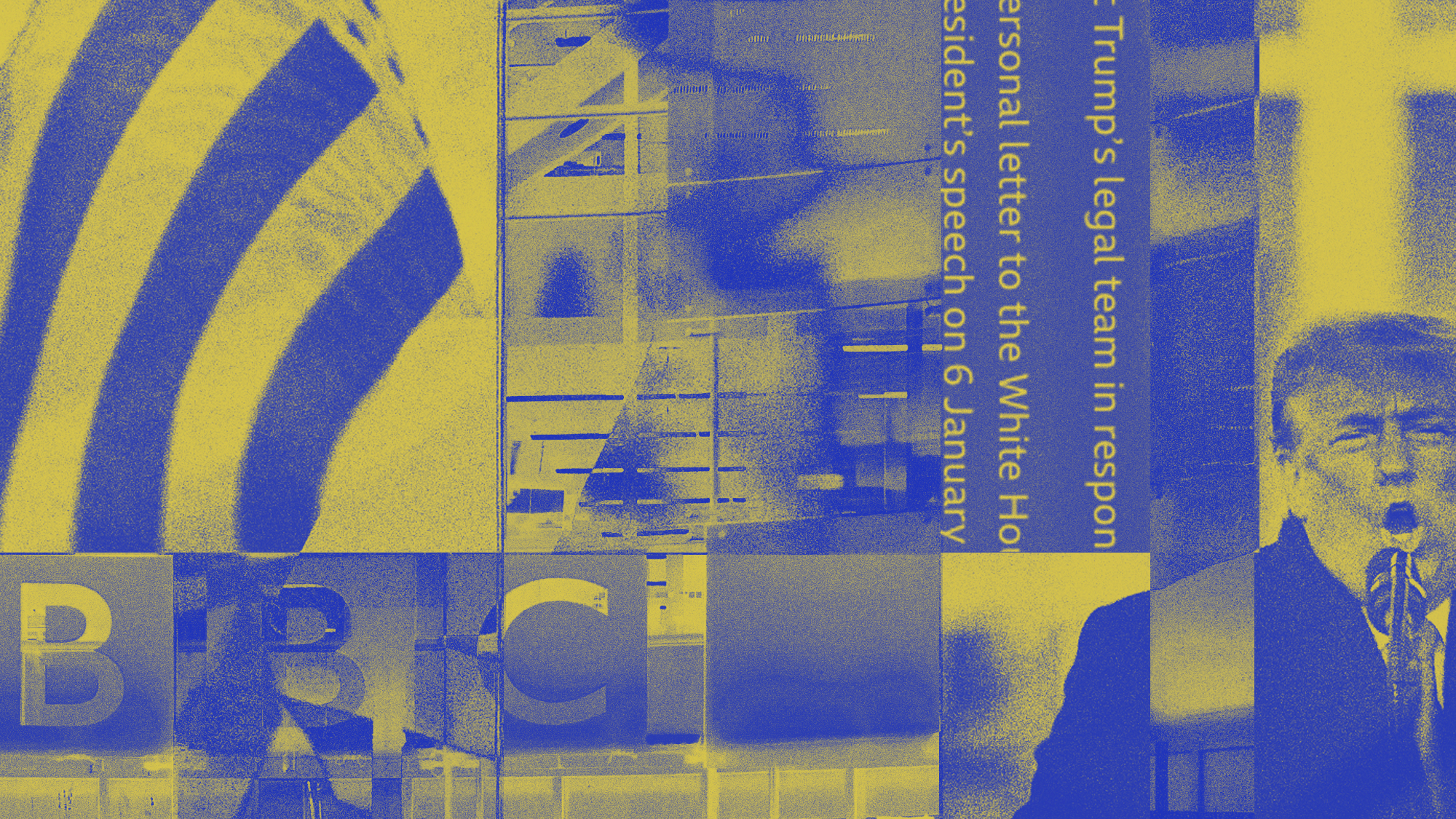 Trump vs. BBC: what’s at stake?
Trump vs. BBC: what’s at stake?The Explainer The US president has filed a $10 billion lawsuit over the editing of Panorama documentary, with the broadcaster vowing to defend itself
-
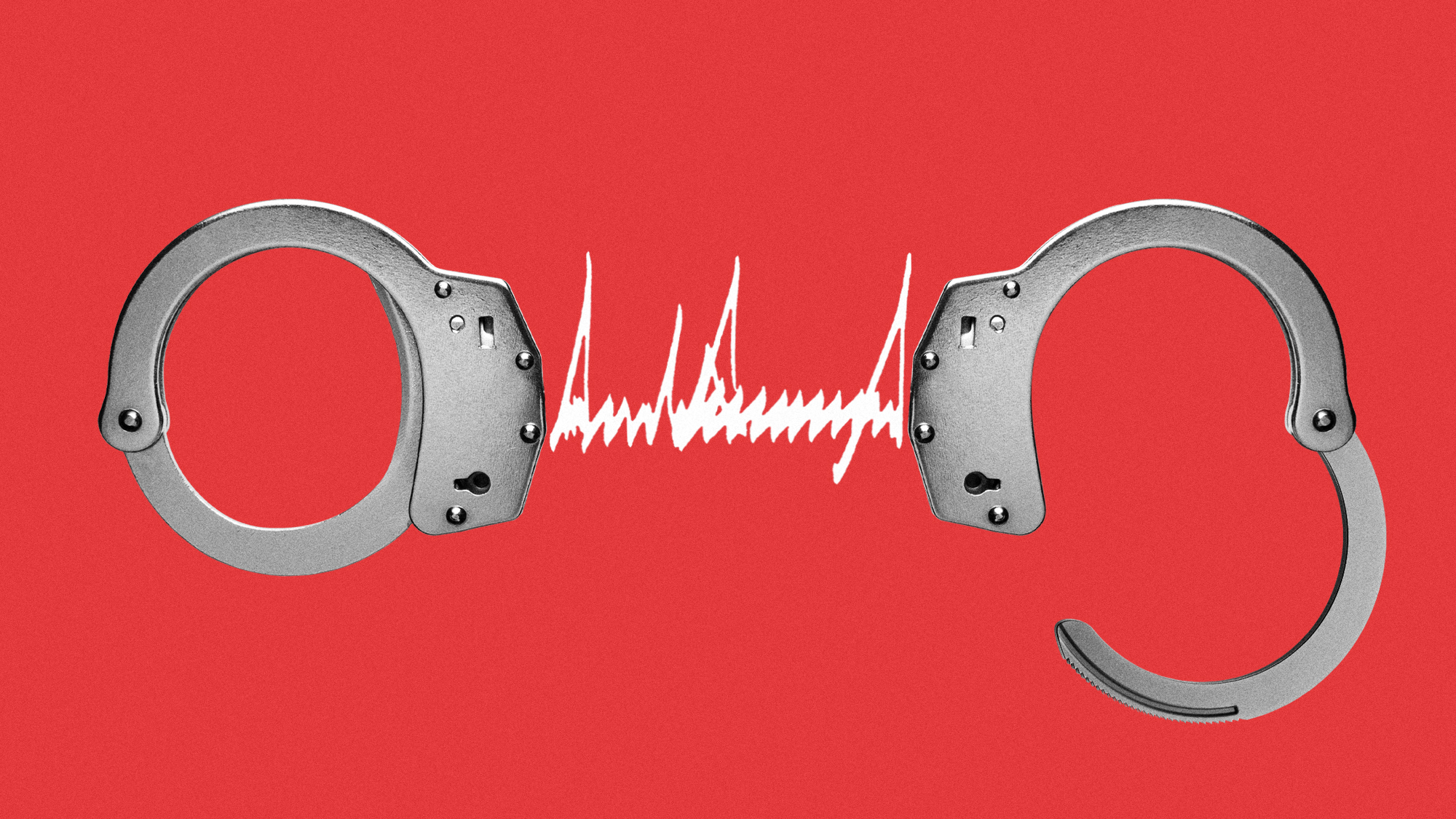 Is it time to rethink the US presidential pardon?
Is it time to rethink the US presidential pardon?Talking Point Donald Trump has taken advantage of his pardon power to reward political allies and protect business associates, say critics
-
 President Trump: ‘waging war’ on Chicago
President Trump: ‘waging war’ on ChicagoTalking Point Federal agents are carrying out ‘increasingly aggressive’ immigration raids – but have sanctuary cities like Chicago brought it on themselves?
-
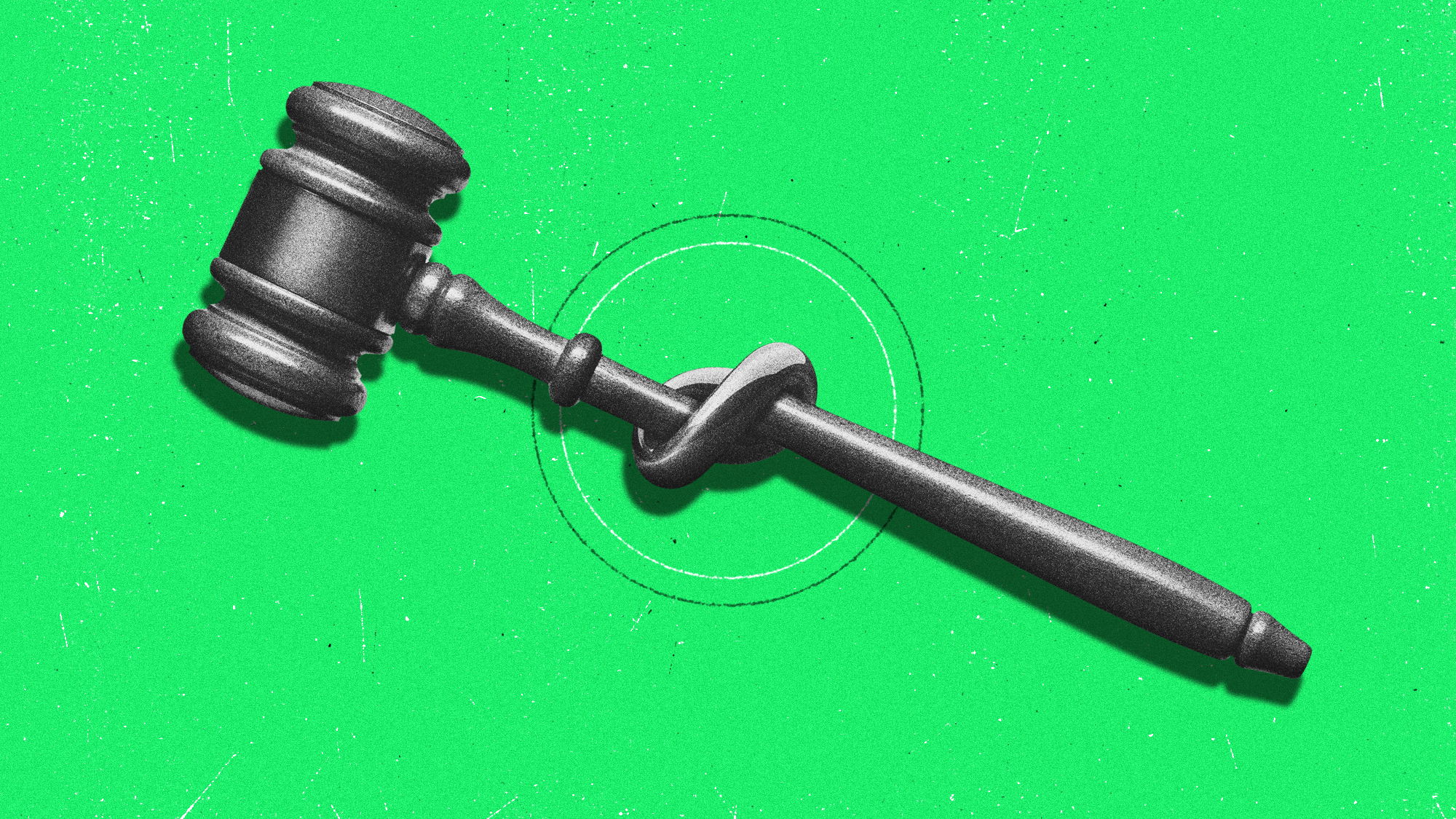 ICC under attack: can court continue to function?
ICC under attack: can court continue to function?Today's Big Question US sanctions 'designed not only to intimidate court officials and staff' but 'also to chill broader cooperation', say rights group
-
 ABC News to pay $15M in Trump defamation suit
ABC News to pay $15M in Trump defamation suitSpeed Read The lawsuit stemmed from George Stephanopoulos' on-air assertion that Trump was found liable for raping writer E. Jean Carroll
-
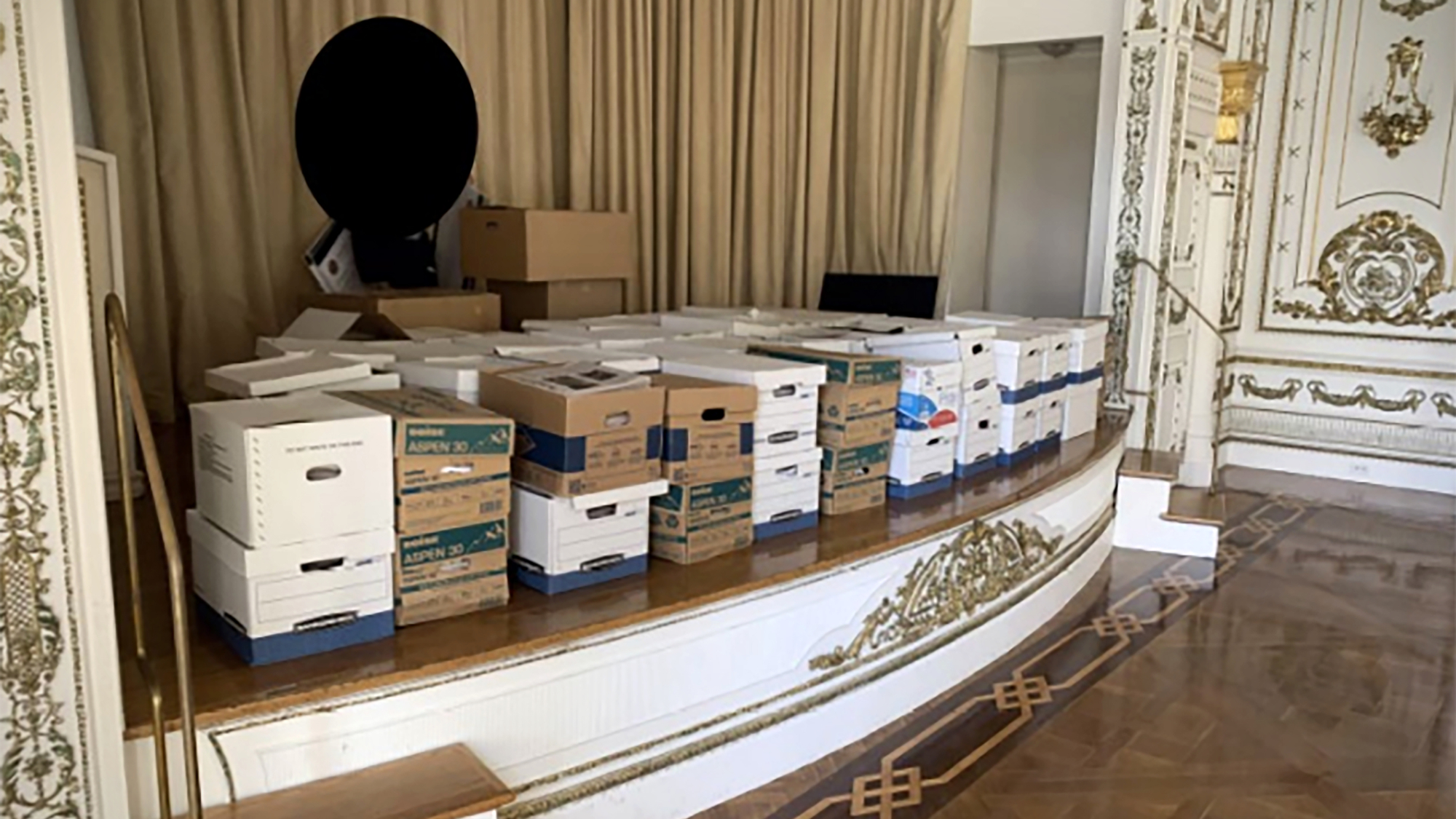 Judge reopens Trump challenge in secrets case
Judge reopens Trump challenge in secrets caseSpeed Read Aileen Cannon continues to delay and complicate the classified documents case
-
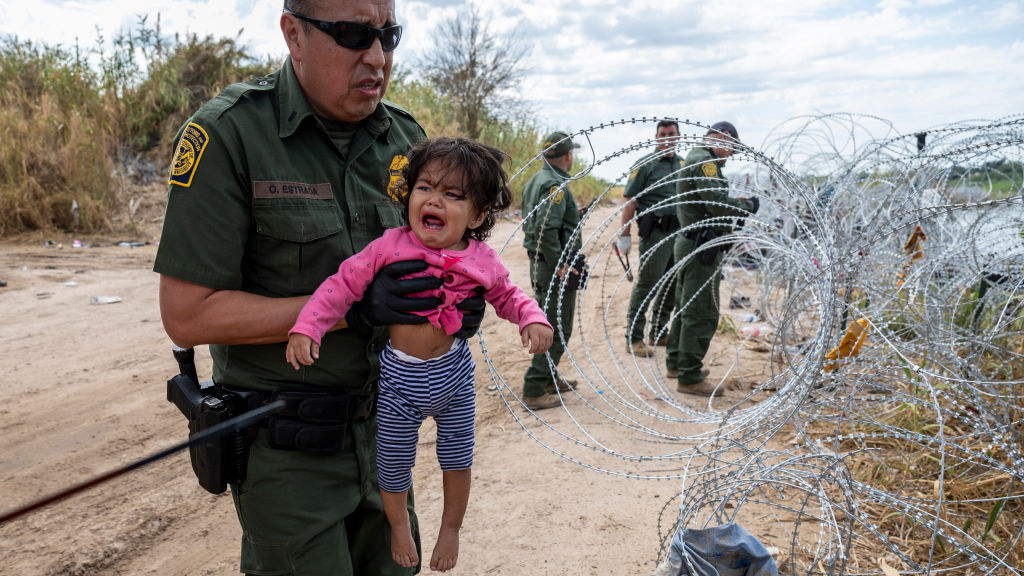 Supreme Court says US border agents can remove Texas razor wire
Supreme Court says US border agents can remove Texas razor wireSpeed Read The 5-4 ruling is a win for the Biden administration in its broader fight over border authority with Texas Gov. Greg Abbott
-
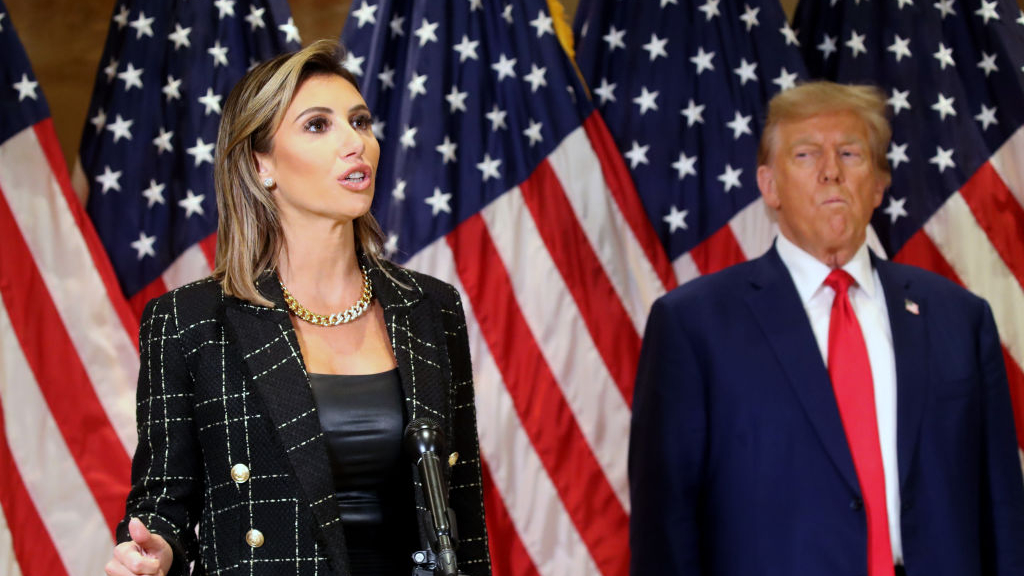 Trump and his lawyer Alina Habba have a rough day in defamation court
Trump and his lawyer Alina Habba have a rough day in defamation courtSpeed Read Trump's audible grousing as E. Jean Carroll testified earned him a warning he could be thrown out of court, and Habba showed she 'doesn't know what the hell she's doing'